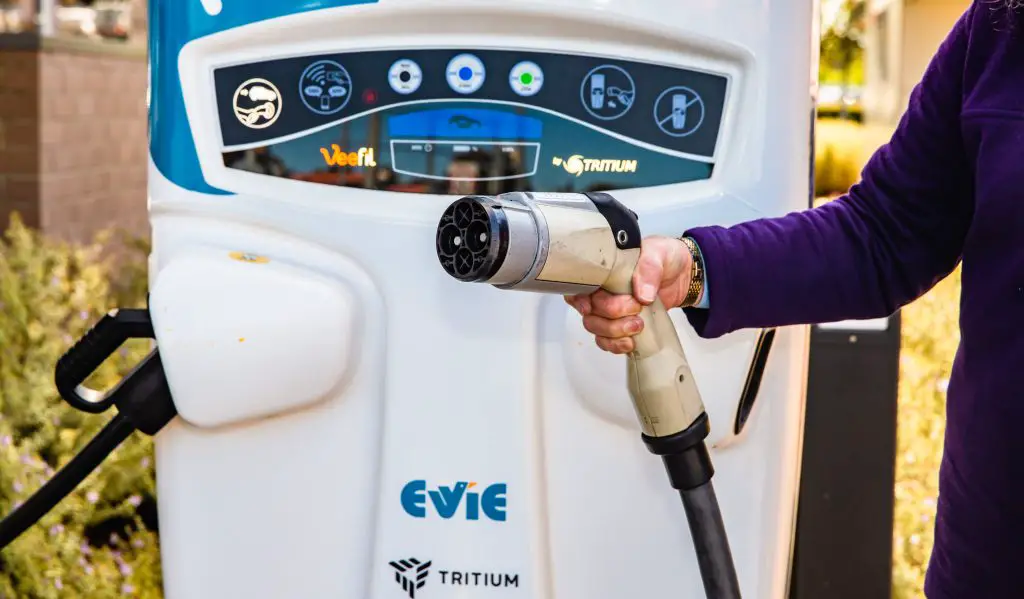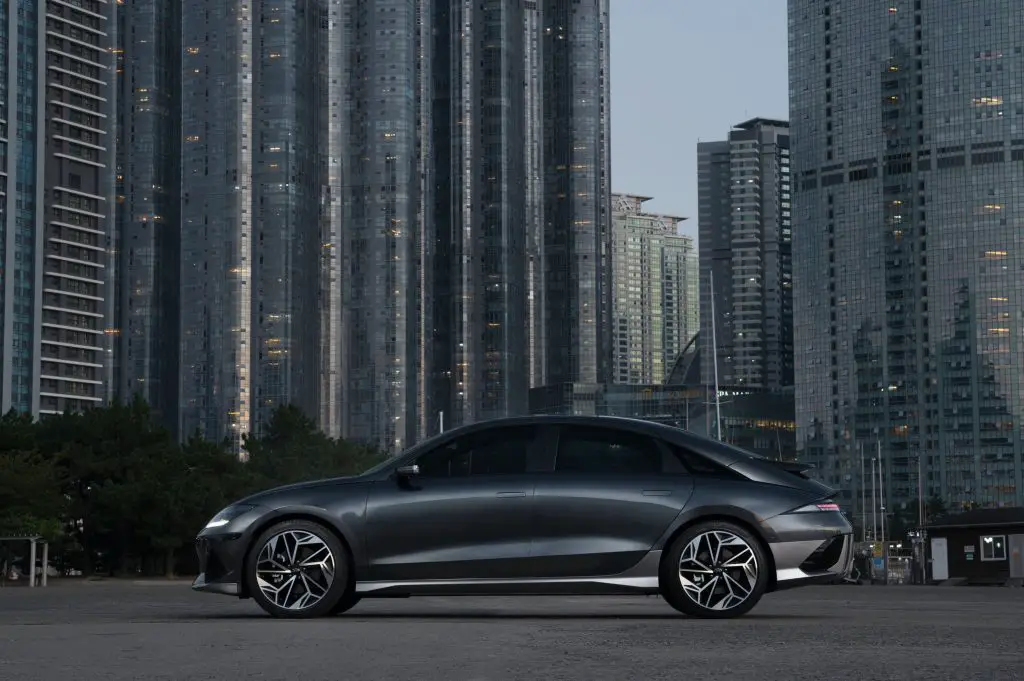Contents
Introduction for Electric Vehicle Charging Stations Cost

Electric vehicles (EVs) are gaining popularity around the world as people become more aware of the benefits of reducing emissions and the cost savings associated with using electric power to fuel their vehicles. While the initial purchase price of an electric vehicle is typically higher than that of a traditional gasoline-powered vehicle, one area where EV owners can save money over time is on fuel costs. However, to take full advantage of these savings, it’s important to understand the costs associated with installing and using an electric vehicle charging station.
The cost of installing an electric vehicle charging station can vary

The cost of installing an electric vehicle charging station can vary widely depending on a number of factors, including the location, the type of charging station, and the level of installation required. In general, there are three main types of charging stations: Level 1, Level 2, and DC Fast Charging.
Level 1 charging stations use a standard 120-volt outlet, which means they can be plugged into any standard household outlet. These charging stations are typically the cheapest option, with prices ranging from $300 to $600. However, they are also the slowest option, taking up to 12 hours to fully charge a vehicle.
Level 2 charging stations use a 240-volt outlet and are generally faster than Level 1 charging stations, taking anywhere from 2 to 8 hours to fully charge a vehicle. The cost of a Level 2 charging station can range from $400 to $1,200, depending on the brand and features.
DC Fast Charging stations are the fastest option, able to charge a vehicle in 30 minutes to an hour. However, they are also the most expensive option, with costs ranging from $10,000 to $50,000 or more, depending on the location and installation requirements.
Additional cost
In addition to the cost of the charging station itself, there may be additional costs associated with installation. For example, if a Level 2 charging station is being installed in a garage, it may require additional wiring and a dedicated circuit breaker, which can add to the installation costs. Similarly, if a DC Fast Charging station is being installed in a public location, there may be additional permitting and construction costs to consider.
Other factors
While the cost of electric vehicle charging stations can be significant, there are also several factors that can help offset these costs. Many governments and utility companies offer incentives or rebates to encourage the installation of electric vehicle charging stations. For example, in the United States, the federal government offers a tax credit of up to 30% of the cost of installing an EV charging station, up to a maximum of $1,000 for residential installations and $30,000 for commercial installations. Additionally, some states and local governments offer additional incentives and rebates to help offset the cost of installing a charging station.
Conclusion
Overall, the cost of installing an electric vehicle charging station can vary widely depending on a number of factors. However, with the increasing popularity of electric vehicles and the growing number of incentives and rebates available to support their adoption, the cost of charging stations is likely to become more affordable over time. As such, investing in an electric vehicle charging station today can be a smart decision for those looking to reduce their carbon footprint and save money on fuel costs over the long term.
Learn more: here





